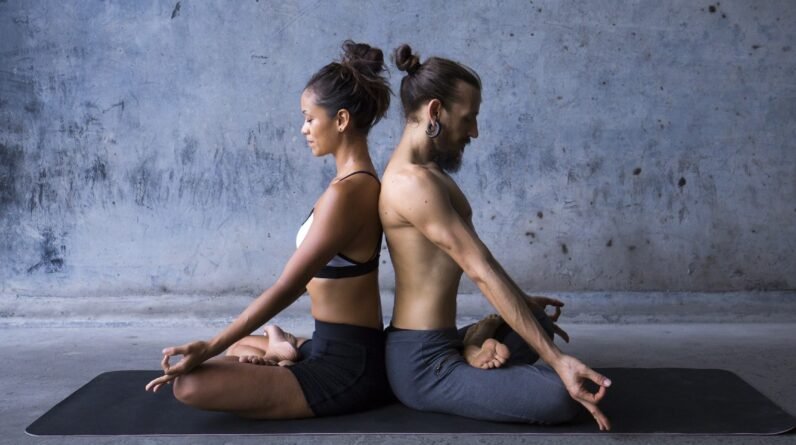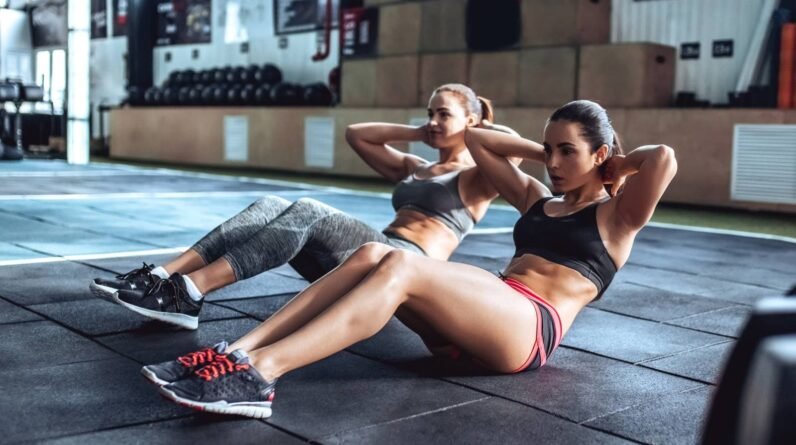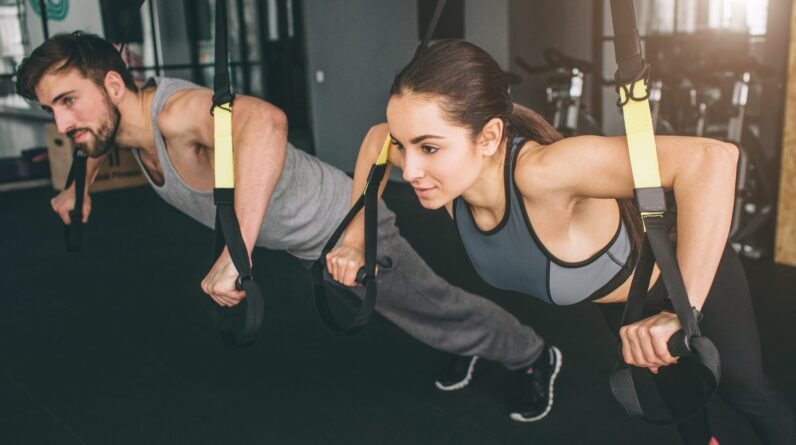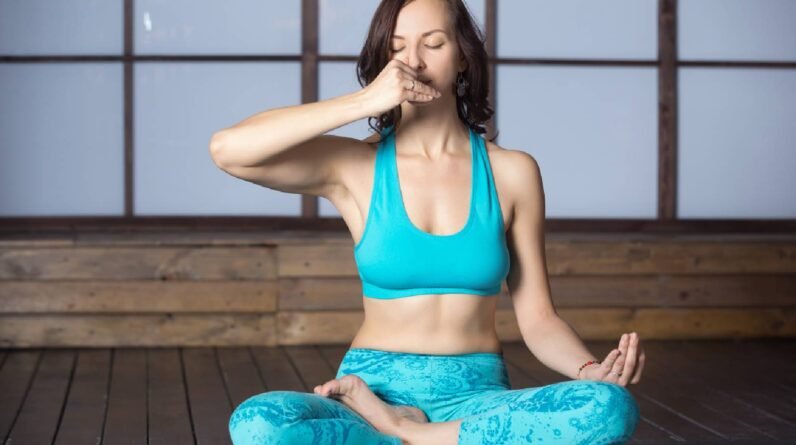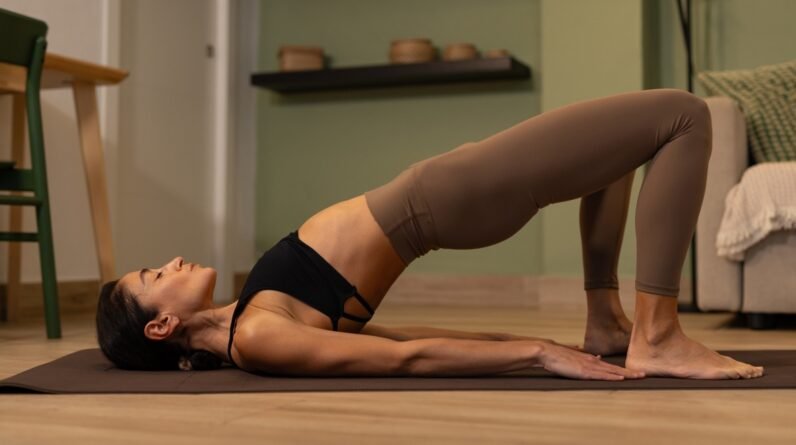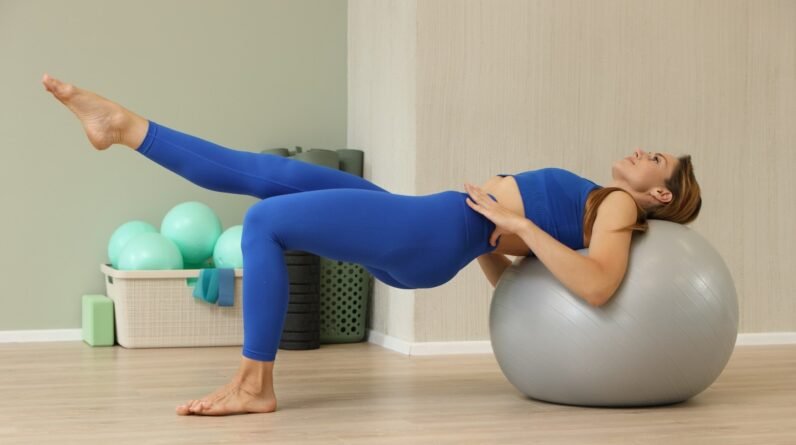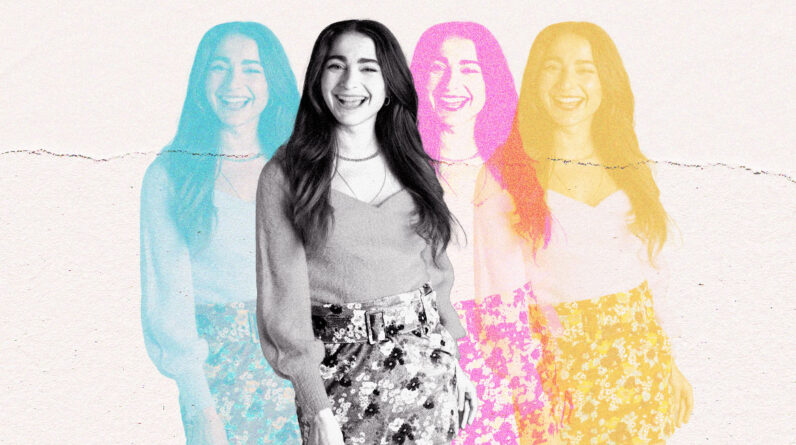
“I think that the [International Olympic Committee] knows that I’ve become this sort of fairy godsister figure,” she says. Although she’s taking part in the mass participation Paris 2024 Marathon Pour Tous and leading a shakeout run beforehand, Pappas is mainly in Paris to chat with any athletes craving a supportive ear from someone who’s been in their shoes before.
“I really care about mentoring the Olympic community as much as I can so that these athletes feel like they can enjoy their experience and be present and also feel equipped for the moments after, which are really jarring and scary,” she says.
Pappas herself has been very candid about how the post-Olympic blues that hit after achieving her dreams in Rio led to a deep depression. “I would have loved if someone was like, ‘Hey, if you want, [let’s] talk about this whole thing, no matter how it goes.’ Because I was really confused afterwards and felt totally ashamed of feeling so down after running a national record and a personal best in the fastest [women’s 10K] race in history,” she says.
Today, as someone who’s consistently faced her mental health struggles head-on, Pappas now sees herself as a kind of camp counselor for other athletes. She believes her hard-earned experiences have given her useful tools that she can share with today’s Olympians to help them think through the moments before, during, and after competition.
Pappas’s new podcast on mentorship
In fact, mentorship has come to be so meaningful for Pappas that she’s even starting a podcast about it, called “Mentor Buffet,” launching today. It’s part of Rich Roll’s network, Voicing Change Media, and each episode speaks to someone successful about the mentors who helped them get where they are today.
The inaugural lineup includes actors Rainn Wilson and Matthew McConaughey, runner Mary Cain, the DJ Diplo, and South Park producer Debbie Liebling. Pappas says she’s deliberate about highlighting all different kinds of careers because, as she puts it, “mentors are the one consistent through line in the lives of all accomplished people,” she says.
The title of the show comes from a chapter in Pappas’s 2021 memoir Bravey, which focused on losing her mom to suicide at a young age. “I was lost in a really confusing and jarring and painful way without this one keystone mentor,” she says. “And so I just sort of patchwork-quilted together what I admired about other people. If I learned a secret about how a friend’s older sister put on her lip gloss, I was like, ‘That’s mine now.’”
Pappas became passionate about finding the mentors who could help guide her to become the athlete and person she wanted to be.
In particular, she points to Deena Kastor as one of her biggest influences. When they ran together as part of the Mammoth Track Club, Kastor helped Pappas learn how to handle the pain of long runs simply by sharing her own thought process. Pappas also highlights Shalane Flanagan, who helped her make smarter long-term career decisions.
“What [mentors] really do is help you have permission to believe in yourself.”—Alexi Pappas
“What these people really do is help you have permission to believe in yourself, because they hold space for you, or they literally give you tools and specific pathways to success,” she says.
Grateful for those who’ve helped her, Pappas has been paying it forward over the past few years now, and has a reputation for inviting other athletes to stay at her house to talk through their lives and career choices. She says that acting as a mentor this way just feels natural for her, and being able to open up about some of her own lowest moments and the personal lessons she’s learned from them has given those experiences new meaning.
“A lot of the things that I might share with people, I learned in an extremely uncomfortable, painful way,” she admits. “But I think there’s something about reaching down into the deep trough of mud and then pulling it out, blooming it like a flower, right?”
She believes that the power of mentorship is an especially important message to share at a time when there’s so much emphasis placed on the glory of “forging your own path” and making it “on your own.” She thinks it’s misguided to put so much stock in individualism—why wouldn’t you want to learn from the experiences and wisdom of others? As she puts it, “One plus one can equal more than two.”
Leaning into the beauty of mentorship has shifted her perspective on the hurdles she’s personally faced.
“As an Olympian, you chase this goal that’s very objective and you drive toward it and you ignore the world. That’s how you get to the Games. And yet, the greatest lessons we learn in life are often from everything that’s not in our control,” she says. “I think becoming this mentor figure has allowed me to really embrace that the mystery of the universe is good, in this kind of unpredictable land of lessons and experiences.”


